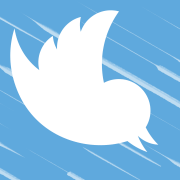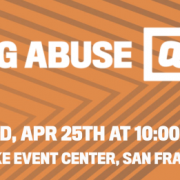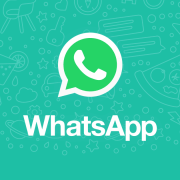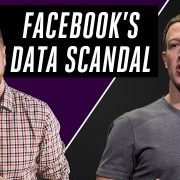Zimbabwe blocks Facebook, WhatsApp and Twitter amid crackdown
Zimbabwe has blocked Facebook, Twitter and WhatsApp messaging app amid a crackdown on days of violent protests, BBC reported on Friday.
A coalition of local human rights groups says at least 12 people have been killed and many more beaten and tortured by security forces this week.
The Zimbabwe Human Rights NGO Forum accused the authorities of cutting off the internet “to mask the massive human rights violations”.
The protests were sparked on Monday by a sharp rise in the price of fuel.
The government has blamed the opposition and political rights groups for the protests, which has seen riot police clashing with protesters in the capital, Harare, and the southern city of Bulawayo after they lit fires and blocked roads using rocks.
There has been looting and some businesses and schools in the two cities have been forced to close. Soldiers are guarding petrol stations, where there are still long queues of motorists looking for petrol.
The UN has called on the government to halt the “excessive use of force” by security forces including firing live ammunition, and allegations of night-time door-to-door searches and beatings.
“Doctors’ associations say more than 60 people were treated in hospital for gunshot wounds, this is not way to react to the expression of economic grievances by the population,” Reuters news agency quotes UN human rights spokesperson Ravina Shamdasani as saying.
The Zimbabwe Human Rights NGO Forum said it had recorded at least 844 human rights violations in all.
On Thursday, prominent activist Evan Mawarire, who called for a stay-at-home protest on social media, was charged with subverting the government, a crime which carries up to 20 years in jail. He gained fame as a figurehead of the #ThisFlag protests against the former president, Robert Mugabe, in 2016.
President Emmerson Mnangagwa said the rise was aimed at tackling shortages caused by an increase in fuel use and “rampant” illegal trading.
But many Zimbabweans – worn down by years of economic hardship – suddenly found they could not even afford the bus fare to work.
Roads were barricaded by protesters earlier this week
They feel that the president, who is on a tour of Russia and Asian countries this week, is failing to live up to his promises following his election last year in disputed polls.
He is struggling to revive the economy, which is experiencing high inflation while wages have stagnated.
The southern African nation faces a severe shortage of US dollar cash and confidence in its bond notes, currency that can only be traded in Zimbabwe, is low.
The bond notes, or “bollars”, are supposed to be worth the same as the dollar but have lost value because of a lack of foreign currency backing the note, and are now worth much less than a dollar.
The fuel hike means petrol prices rose from $1.24 (₦445.16) a litre to $3.31(₦1,188.29) , with diesel up from $1.36(₦488.24) a litre to $3.11(₦1,116.49).
The new prices mean Zimbabwe now has the most expensive fuel in the world, according to GlobalPetrolPrices.com.










Leave a Reply
Want to join the discussion?Feel free to contribute!